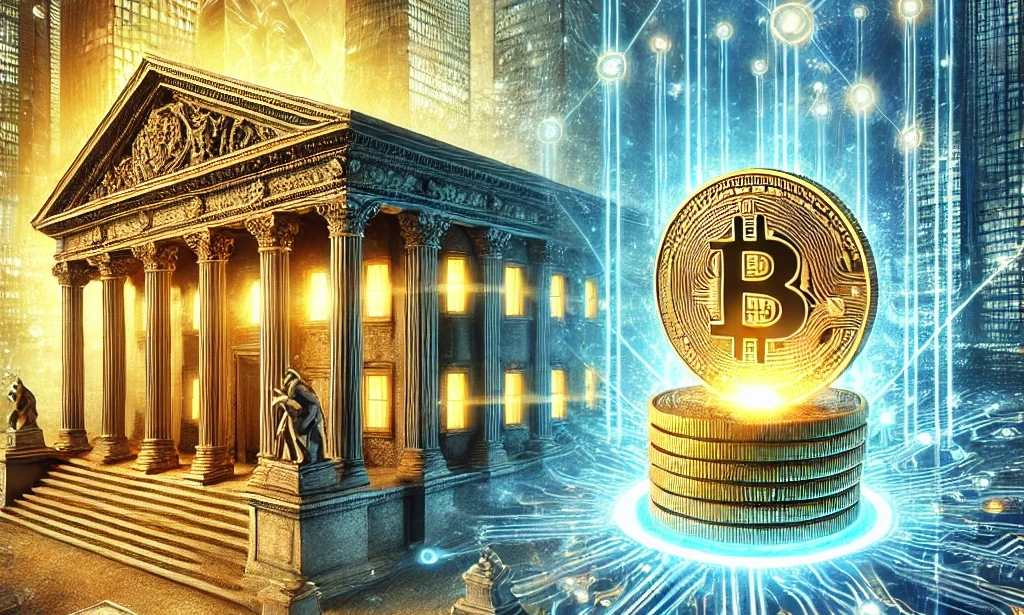The Death of Traditional Banking? How Blockchain is Taking Over Money
For decades, traditional banking has been the backbone of global finance. But in 2025, an unstoppable force is challenging its dominance—blockchain technology. From decentralized finance (DeFi) to central bank digital currencies (CBDCs), blockchain is redefining how we store, transfer, and interact with money. But does this mean the end of traditional banking as we know it? Let’s dive in.
The Rise of Blockchain: A Threat to Banks?
Imagine a world where you can send money instantly across borders with almost zero fees, earn interest on your savings without a bank, and take out loans without needing approval from a financial institution. That’s what blockchain-powered finance is offering.
-
Decentralized Finance (DeFi): Platforms like Aave, Uniswap, and MakerDAO allow users to lend, borrow, and trade assets without relying on a bank.
-
Cryptocurrencies & Stablecoins: Bitcoin, Ethereum, and stablecoins like USDT and USDC are being used for payments, bypassing traditional banking rails.
-
Faster & Cheaper Transactions: Blockchain eliminates middlemen, reducing transaction costs and delays associated with banks.
The Banking Industry Strikes Back
Despite the rapid growth of blockchain, banks aren’t going down without a fight. Many are integrating blockchain technology to stay relevant.
-
CBDCs (Central Bank Digital Currencies): Governments are issuing their own digital currencies to compete with cryptocurrencies.
-
Blockchain-Powered Banking: Some banks are using blockchain for cross-border payments and fraud prevention.
-
Regulation & Compliance: Governments are tightening regulations around DeFi and crypto to maintain control over the financial system.
Will Banks Survive, or Is This Their End?
The financial industry is at a turning point. While blockchain is undeniably disrupting banking, it’s unlikely that banks will disappear entirely. Instead, they will evolve by integrating blockchain solutions to improve their services.
However, for those who believe in decentralization and financial freedom, blockchain presents an alternative to traditional banking—one that’s faster, more accessible, and less reliant on centralized authorities.
Final Thoughts
The battle between blockchain and banks is far from over. But one thing is clear: the way we interact with money is changing forever. Will you embrace the blockchain revolution, or will you stick to traditional banking? The choice is yours.

You must be logged in to post a comment.